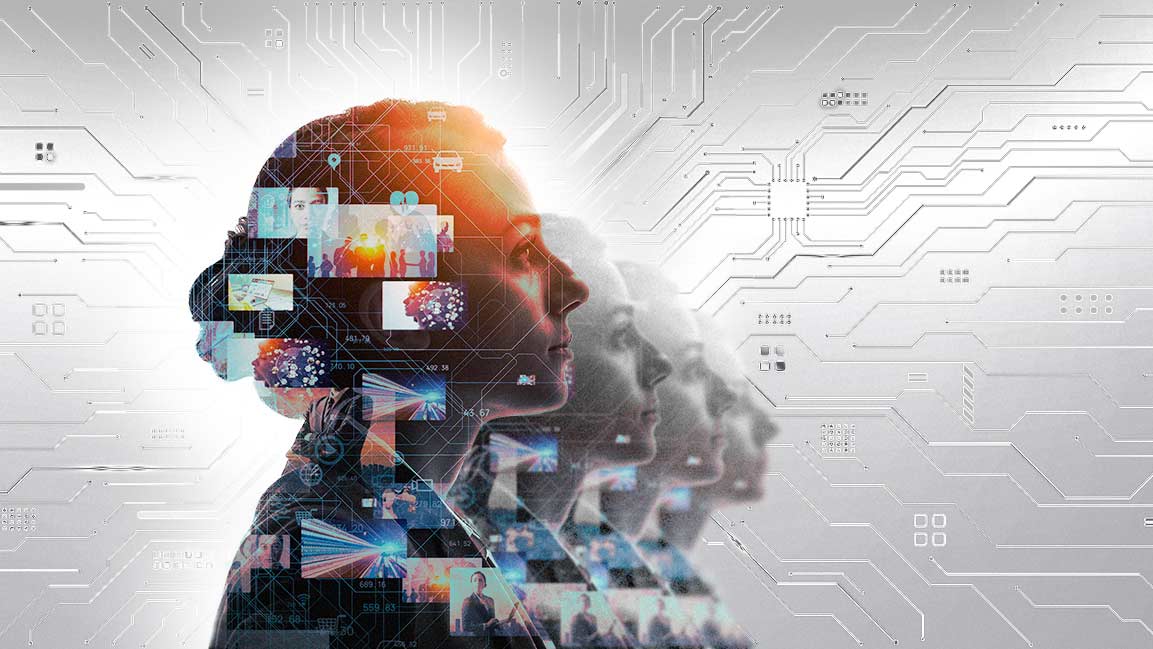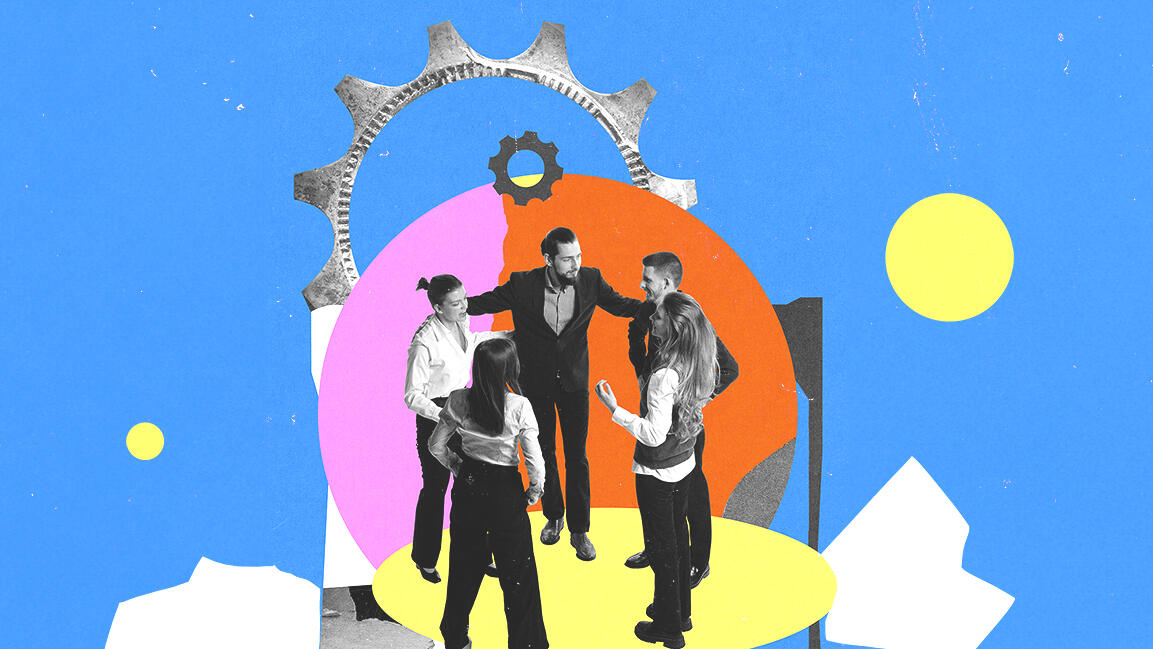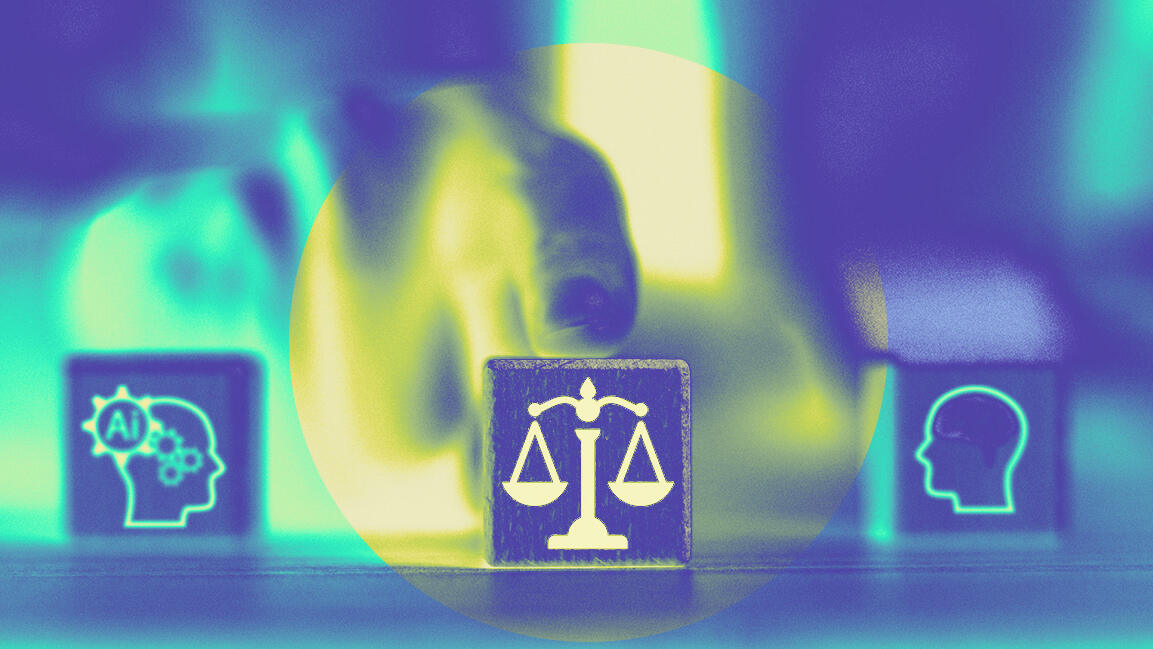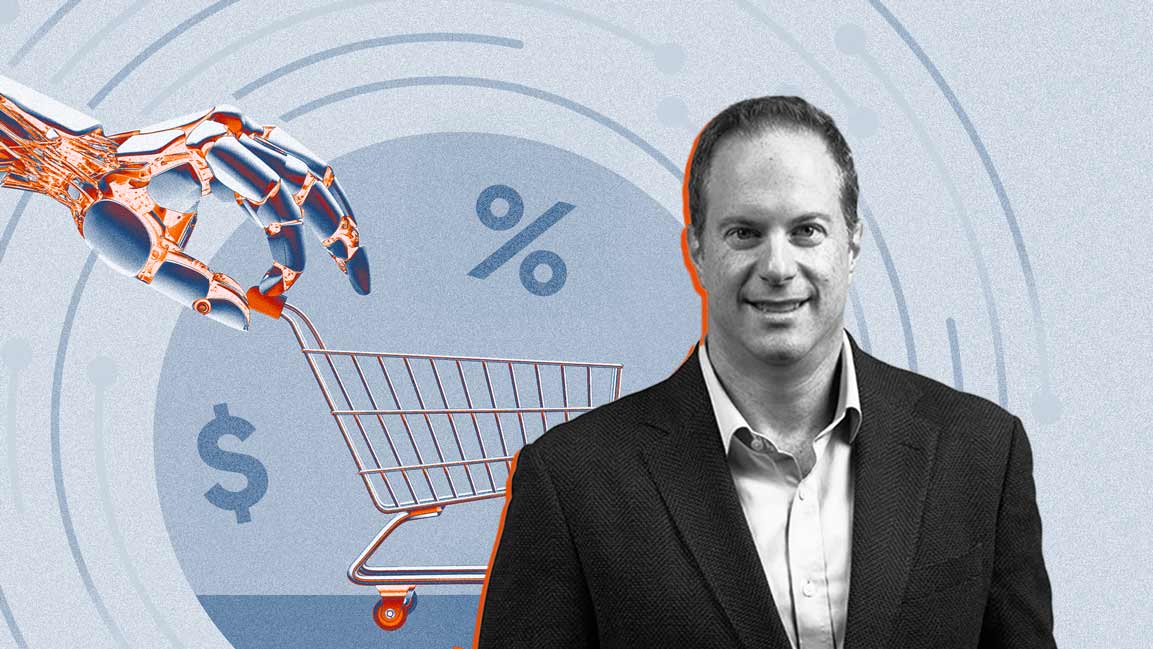In the AI age, will the ability to tell compelling stories matter most? These communication experts weigh in
Can machines match human creativity in marketing?

We often conclude that AI will replace most jobs, which oversimplifies the issue. Communication and marketing will never be about jobs disappearing; rather, it will be about how we connect with audiences. The real question isn’t what jobs AI will take but how we’ll adapt, lead, and use tools to make communication and marketing smarter in an AI-powered economy.
TRENDS SHAPING COMMUNICATION AND MARKETING
As a perpetual evolution process, AI is revolutionizing how we approach creative solutions by allowing them to be more data-driven, efficient, and experimental, says Nathalie Gevresse, CEO of Publicis Communications UAE. She says, “It is similar to having multiple doors in front of us, each of which opens to endless possibilities.”
Jennifer Fischer, Chief Innovation & Growth Officer at Publicis Groupe Middle East, compares the AI scene to a football league, where every week brings a new match to get the headlines, win the latest game against a competing bot, or showcase exciting new advancements.
While AI continues to generate significant buzz, the focus is shifting toward more practical considerations, such as the cost of AI tokens, the speed of AI processing, and the ability to consolidate various inputs and outputs.
She adds, “Amidst this noise, the tangible impacts of AI are becoming increasingly evident.”
AI is advancing in emotional intelligence, as seen with innovations like Hume AI, which can recognize 48 human emotions. This capability highlights how AI can enhance wellness, customer service, and brand engagement, providing more nuanced and empathetic interactions. “These advancements are likely to make marketing and communication more effective, personalized, and emotionally resonant,” she adds.
AI’s impact on storytelling, content, and communication is undeniable, though it mainly occurs at a craft level rather than an ideation level. It’s particularly compelling that AI is heading toward Hollywood, with Runway making a deal with Lionsgate to build AI models used in filmmaking.
“The ability to generate AI-hosted audio content, as showcased by the latest update from Google’s NotebookLM, is also exciting”, she says.
This feature allows users to create audio podcasts on virtually any topic, offering a powerful tool for learning, communication, and information dissemination.
By leveraging this technology, businesses and individuals can efficiently share outcomes and insights, making it an invaluable resource for briefing teams or summarizing workshop findings. This advancement enhances the accessibility of information and promotes faster knowledge transfer, which can be particularly beneficial in marketing and communication environments where staying informed is crucial.
THE AI INFLUENCE
AI platforms are incredibly effective in brainstorming, analysis, and even gaining audience reactions, believes Tahaab Rais, Chief Strategy Officer and Film Director at Publicis Groupe Middle East & Turkey.
He adds, “They help with audience segmentation and persona development. They enable more effective content, copy ideation, and optimizing messaging, including effectiveness testing models that strengthen performance marketing.”
According to Rais, AI platforms support competitor analysis, benchmarking, and gap analysis. They ” inform about the latest trends and empower trendspotting efforts.”
He further emphasizes, “They also assist with campaign themes, taglines, and creative brainstorming.”
AI platforms also support simulating reactions to marketing efforts, including social listening. Rais says, “As platforms evolve, they’ll become more effective at localization and cultural sensitivity checks.”
He continues, “And, of course, there’s the whole world of filmmaking and world-building that is just so stimulating, scary, and exciting. Clients, agencies, production houses, and movie studios are all affected and influenced by it. Making this integral, not incidental, to the creation process will help people thrive, rather than just survive.”
For Gevresse, “It is the beginning of the end of ‘one size fits all.” she adds, “AI technologies applied to marketing are all about delivering an obsessive consumer focus at scale—maximizing engagement between the brand and its consumers more efficiently. Faster. Smarter. Better, at each stage of the marketing journey.”
Fischer believes AI is acting as an equalizer in the development and execution of marketing strategies. She explains, “It facilitates the completion of acceptable mid-level tasks, leveling the playing field for businesses by automating repetitive processes, providing data-driven insights, offering frameworks and structure, and a decent level of competence.”
She adds, “When the basics can be done well enough by AI, it is elevation, inspiration, and disruption that come at a human premium.” This means that, in the age of AI, the ability to disrupt and tell compelling stories matters even more for marketers.
Fischer emphasizes, “It is about the leaders’ ability to push boundaries, about their drive to take risks, and their willingness to go beyond the input from AI.” She adds, “This requires courageous leadership, willing to embrace unconventional strategies and explore new spaces beyond the obvious.”
LIMITATIONS
Rais says, “I won’t talk about the current ‘technical’ limitations such as data quality, historical data reliance, algorithm bias, the cost, and the like. I want to delve into the more perennial limitations in the future.”
He continues, “AI will always be artificial, even when it does become sentient. At this stage—and in the future—we must always remember not to be swayed by the constant lure and novelty of AI and give up on the human connection needed to make it effective.” Rais adds, “It will always lack basic human emotion and empathy, so it needs that connection.”
Then, there are, of course, the privacy and ethical concerns around consent and identity with AI.These will always be a challenge. Areas like digital twinning, deepfakes, and other image and video generation platforms, including filmmaking ones, will need stricter legal guidelines and governance around what can and should not be done.
Effective use of AI will always require human oversight, creativity, and ethical consideration.
Fischer adds, “One of the primary challenges is ensuring that people know how to effectively use AI tools and understand their best applications.”
She emphasizes, “It’s critical to bridge the knowledge gap and empower marketing teams to utilize AI in ways relevant to their day-to-day tasks for efficiency and elevation.”
Another limitation is the current fragmentation of tools and platforms, which necessitates constant upskilling. Centralizing these tools, simplifying access, and reducing complexity can help. By developing a holistic hub where all relevant tools are hosted, the impact of AI can be improved, and the learning curve becomes more manageable for a larger group of people.
However, the limitations of AI extend beyond technical and educational challenges.
Communication and marketing are inherently human-centric fields, centered around inspiring talent and telling meaningful stories. While AI can automate processes and provide insights, it cannot replace the human touch required to create emotionally resonant and purpose-driven campaigns.
To address this, fostering an environment that inspires internal teams and external audiences with a sense of meaning and purpose is crucial. This involves cultivating talent, encouraging growth, and ensuring that marketing efforts connect with people on a deeper emotional level—something that still requires a distinctly human approach.
THE RELATIONSHIP BETWEEN BRANDS AND CONSUMERS
Gevresse says AI transforms brand-consumer relationships, making them hyper-personal, always-on, and data-driven. Aggregating multiple AI technologies will redefine these interactions, making them smarter, faster, and more intuitive—almost human. However, she emphasizes, “It is the soul of the brand—the authenticity, the human connection—that AI cannot replace (yet).” Technologies amplify, improve, and assist, but the heart is what truly connects. She concludes, “True connection goes beyond algorithms; if the technology personalizes and optimizes, creativity and empathy will always create meaningful connections.”
Fischer adds that AI is poised to redefine the relationship between brands and consumers by fostering greater intimacy, personalization, and relevance. Unlike traditional automation, which often relies on vague signals, AI enables brands to adapt based on tangible consumer responses in real-time. “We are just at the beginning of an era where AI can facilitate deep intimacy between brands and consumers,” she says.
She continues, “Marketers will have endless opportunities to add value at key moments in people’s lives.” AI will play a crucial role in reducing spam and enhancing brand communications’ sophistication, intentionality, and relevance. “This shift will allow brands to connect with consumers in more meaningful and personalized ways, ultimately strengthening these relationships,” Fischer adds.
Rais believes AI’s future potential lies in deepening relationships between brands and consumers through storytelling, story-making, and story-experiencing. While still nascent and imperfect, the current AI platforms offer access to “the most stimulating era for filmmaking. Fast. Effective. In your hands. For everyone. It’s truly democratizing filmmaking.”
He further imagines that the years to come will lead us into a “Westworld Season 4” reality, where stories and narratives will be the domain of both humans and humans enabled by machines that help us craft those stories and narratives. “But the worlds we see will be created by the intelligence that we are planting the seeds for today,” Rais says.
Finally, he advises, “If it isn’t part of your job or business (directly), do an ‘AI workout’ every day. If you haven’t started, spend an hour or two daily doing something new with AI because it’s evolving daily. And document it for yourself.”








































